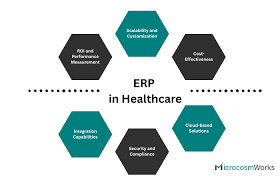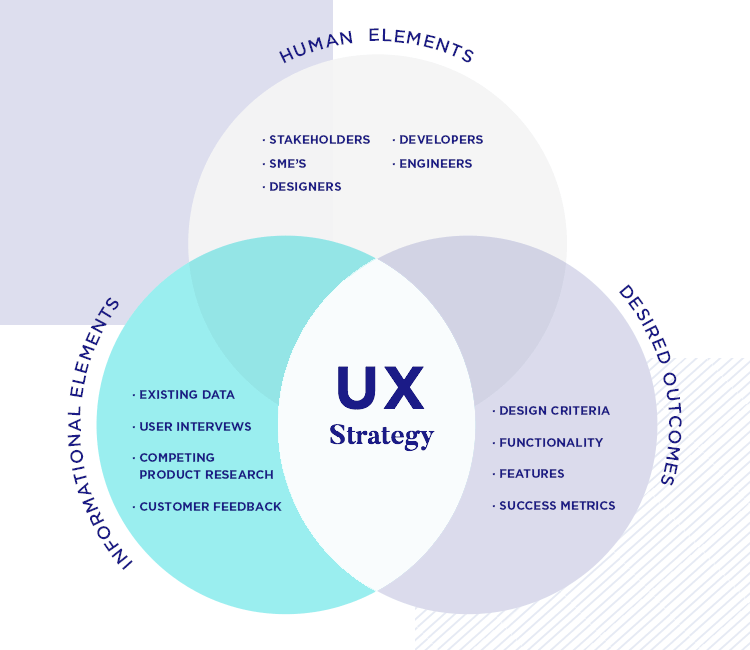Introduction
Since 2013, Singleclic has been a trusted partner for businesses across the Arab world, delivering end-to-end IT solutions that empower digital transformation. One of the company’s core strengths lies in industry-focused ERP implementation—tailored systems that streamline operations, reduce costs, and improve decision-making for enterprises across multiple sectors.
With expertise spanning software development, ERP, CRM, networking, cybersecurity, cloud hosting, and 24/7 technical support, Singleclic ensures organizations adopt ERP systems that are not only functional but also aligned with specific industry needs.
What is an Industry-Specific ERP Solution?
An industry-specific ERP solution is an enterprise resource planning system designed with unique workflows, compliance requirements, and features tailored for a particular sector. Unlike generic ERP platforms, these systems:
- Address industry regulations (e.g., healthcare compliance, retail tax rules).
- Support unique workflows (e.g., fashion retail inventory vs. manufacturing supply chain).
- Provide custom reporting and dashboards relevant to decision-makers.
For example, ERP solutions for the manufacturing sector focus on supply chain optimization, while ERP for retail emphasizes inventory accuracy and customer engagement.
Benefits of Industry-Focused ERP Implementation
1. Increased Operational Efficiency
Automates repetitive processes, integrates departments, and reduces errors.
2. Cost Reduction
By centralizing data and resources, companies can eliminate duplication and optimize expenditures.
3. Real-Time Insights
Custom dashboards provide actionable insights for leaders, helping them make faster and smarter decisions.
4. Enhanced Compliance & Security
Industry-focused ERP ensures organizations remain compliant with local and global regulations, supported by Singleclic’s cybersecurity expertise.
What Are the Four Common ERP Implementation Strategies?
ERP implementation requires a strategic approach. The four most common strategies include:
1. Big Bang Implementation
Deploys the entire ERP system across the organization at once. Suitable for businesses seeking rapid transformation.
2. Phased Rollout
Implements ERP modules step by step, allowing gradual adoption and lower risk.
3. Parallel Adoption
Old systems and ERP run simultaneously until full migration is complete. Best for risk-averse companies.
4. Hybrid Approach
Combines phased and parallel strategies, balancing speed with stability.
What Are the Four Types of ERP?
ERP systems can be classified into four major categories:
- On-Premise ERP – Installed and managed within a company’s infrastructure.
- Cloud ERP – Hosted on the cloud with scalability and flexibility benefits.
- Hybrid ERP – A combination of cloud and on-premise systems.
- Industry-Specific ERP – Tailored to the needs of sectors like retail, healthcare, or construction.
What Are the 7 Stages of Implementation of ERP?
Successful ERP implementation typically follows seven key stages:
- Planning & Discovery – Assess business requirements and define goals.
- System Design – Map workflows and customize ERP features.
- Development & Configuration – Build and configure ERP modules.
- Data Migration – Transfer historical data securely.
- Testing & Quality Assurance – Validate performance, integration, and accuracy.
- Deployment – Roll out ERP based on the chosen strategy.
- Training & Support – Empower employees and ensure continuous improvement.
Why Choose Singleclic for ERP Implementation?
With over a decade of expertise, Singleclic goes beyond technology deployment. The company provides:
- Tailored ERP solutions aligned with industry requirements.
- Low-Code, CRM, and Digital Transformation expertise to future-proof operations.
- 24/7 support ensuring business continuity.
- Cloud-native hosting & cybersecurity services to safeguard mission-critical systems.
📞 Contact Singleclic today:
- Egypt: +2 010 259 99225
- UAE: +971 42 475421
- Saudi Arabia: +966 58 1106563
🌐 Visit: https://singleclic.com/
Conclusion
Industry-focused ERP implementation is no longer a luxury—it is a necessity for organizations aiming to compete in today’s fast-paced digital economy. With the right partner like Singleclic, enterprises can ensure smooth adoption, measurable ROI, and a competitive advantage tailored to their sector.






